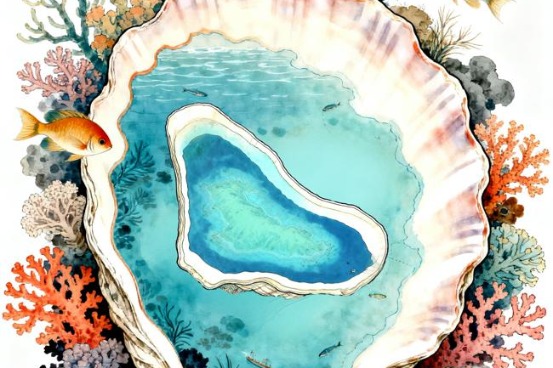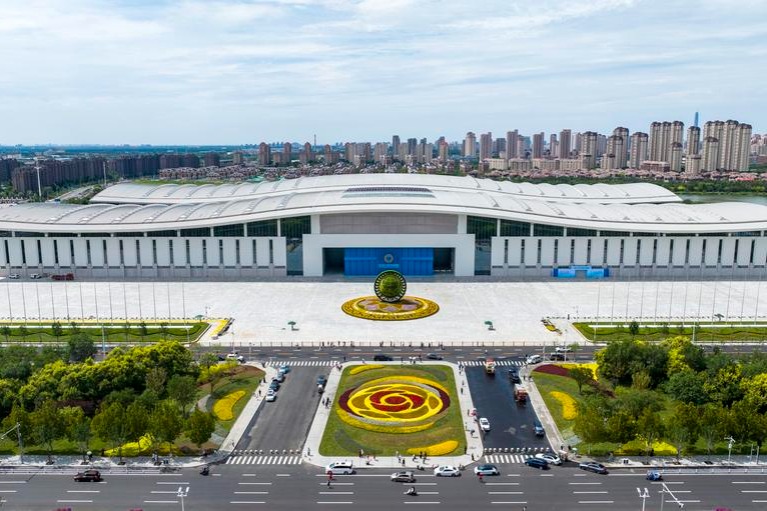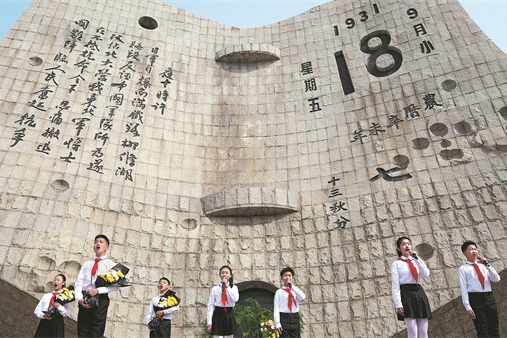Tonga volcanic eruption won’t let summer go. Don’t worry


A major volcano erupted in Tonga, an island nation in the South Pacific, on Saturday and its mushroom clouds were visible in satellite images.
The explosion accompanying the eruption was heard more than 2,000 kilometers away, in New Zealand, while changes in air pressure were felt in the southeastern coast of China, Japan, and even on the west coast of the United States.
Many have compared this powerful eruption with the one in Tambora, Indonesia, in 1815, and fear it could turn 2022 into a “year without summer” just as Tambora had done a year after 1815. Is that likely?
It is good to see awareness about volcanoes pulling down average air temperatures, but the two volcanic eruptions are not comparable. The drop in air temperatures is not triggered, as many believe, by volcanic ashes, which are solid particles that settle to the ground. In 1815, places 150 km away from Tambora were covered in volcanic ash 1 meter deep, but the damage it caused was short term.
It was sulfur dioxide gas, released into the stratosphere during the eruption, that later turned into sulfuric acid, an aerosol that stayed there for a whole year, blocking the sun’s rays, that gave the world its “year without summer”.
Eruption of at least 2 million tons of sulfur dioxide is required to trigger a visible drop in atmospheric temperature. In 1963, the Gunung Agung volcanic eruption in Indonesia released 8 million tons of sulfur dioxide, triggering a 0.2 C drop in temperature; in 1982, the El Chichon volcano in Mexico released 7 million tons of sulfur dioxide, triggering a similar drop; in 1991, the Pinatubo volcanic eruption in the Philippines released 20 million tons of sulfur dioxide, triggering a 0.5 C drop in temperature.
The eruption in Tonga has released just 0.4 million tons of sulfur dioxide, not enough to trigger a visible drop in temperature. However, it is still necessary to look out for possible effects on ocean temperatures and more.
Wei Ke, an associate professor at the Institute of Atmospheric Physics, Chinese Academy of Sciences


































